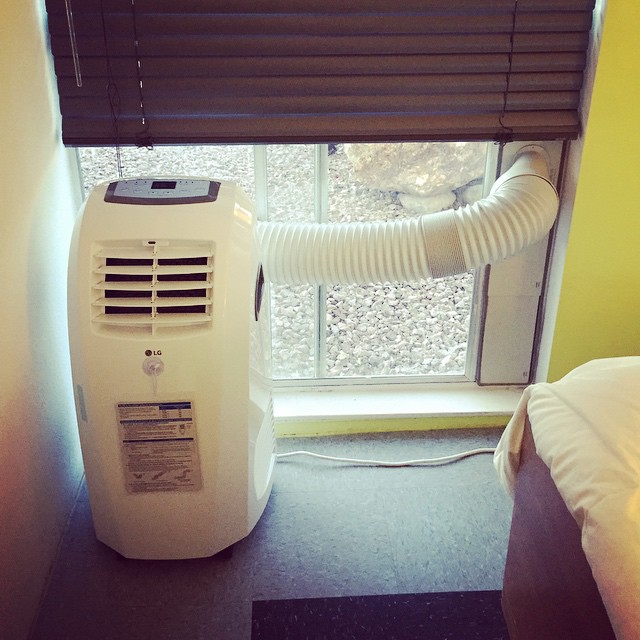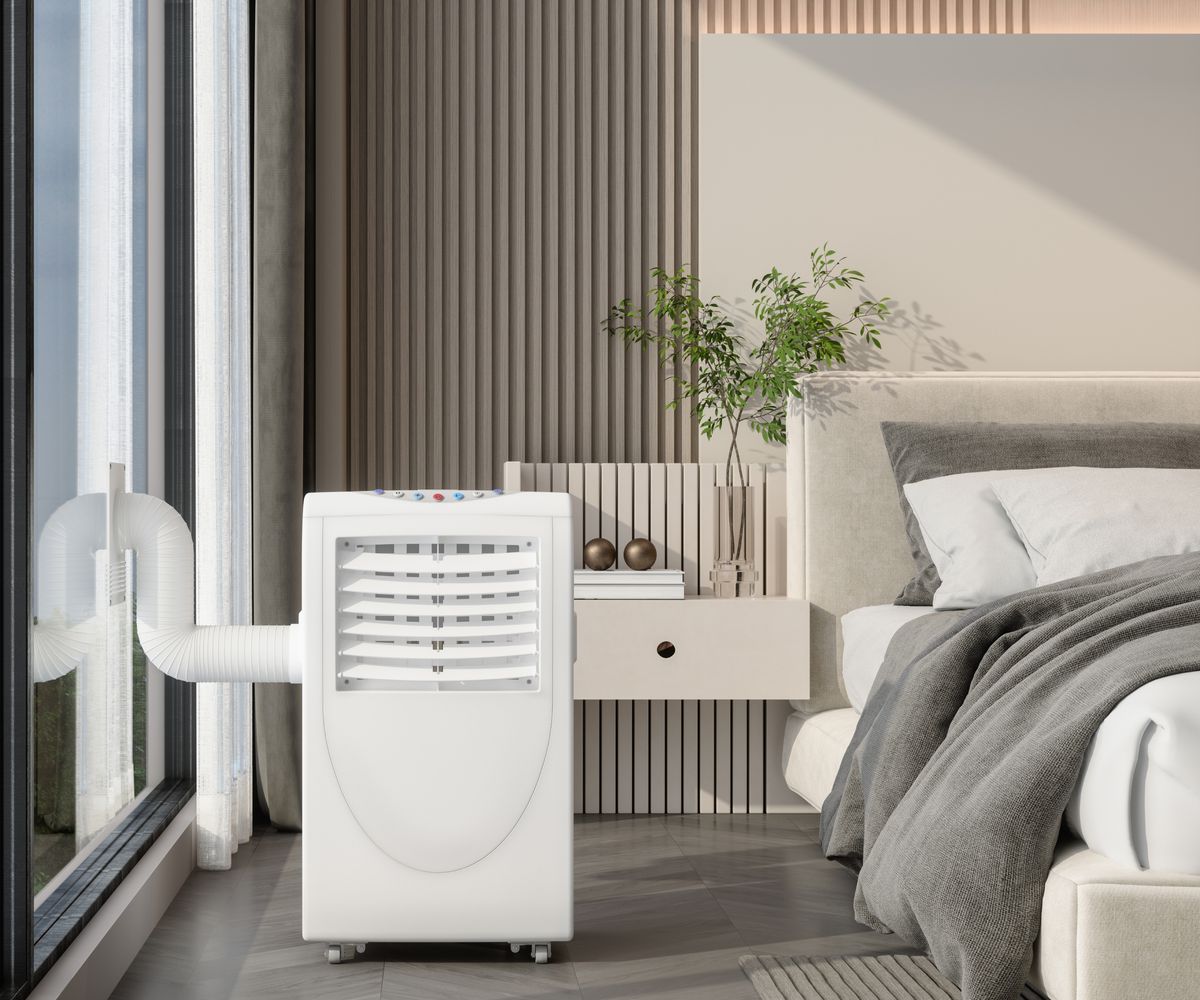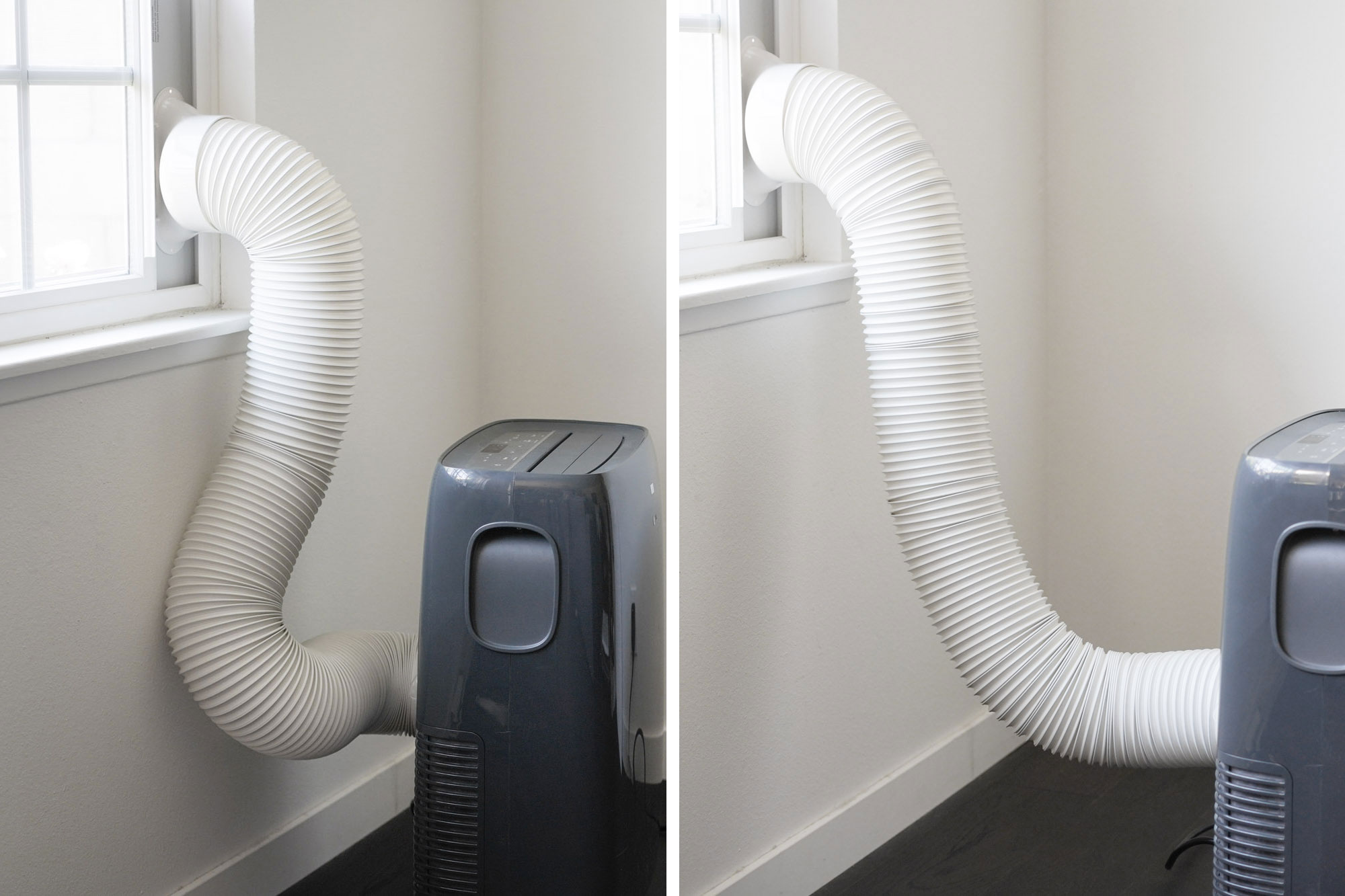Does A Portable Air Conditioner Need To Be Vented

As summer temperatures soar, many are turning to portable air conditioners for relief. But a common question arises: Does a portable air conditioner need to be vented? Understanding the mechanics of these units is crucial for efficient and effective cooling.
The answer, unequivocally, is yes. Despite being marketed as "portable," these air conditioners require venting to function correctly. This venting process is essential for expelling hot air generated during the cooling cycle.
The Science Behind Portable Air Conditioners
Portable air conditioners operate on the same basic principles as larger, window-mounted units. They use a refrigerant to absorb heat from the air inside a room. This process cools the air, which is then circulated back into the space.
However, this process also generates hot air as a byproduct. This hot air must be exhausted outside; otherwise, it will simply recirculate into the room, negating the cooling effect.
Why Venting is Necessary
Without proper venting, a portable air conditioner becomes inefficient. The unit will struggle to lower the room's temperature, consuming more energy in the process.
The U.S. Department of Energy (DOE) emphasizes the importance of proper installation and venting for all air conditioning systems. This includes portable models.
According to the DOE, improper venting can lead to a significant increase in energy consumption. It may also put unnecessary strain on the unit's components.
How Portable Air Conditioners are Vented
The most common method for venting a portable air conditioner involves using a window kit. This kit typically includes a panel that fits into a window opening.
A hose, usually included with the air conditioner, connects to the unit and the window panel. This hose directs the hot air outside.
Alternative venting options exist, but they are generally less efficient. Some users attempt to vent through a wall, a drop ceiling, or even a doorway to another room. However, these methods can lead to heat leakage and reduced cooling performance.
The Consequences of Not Venting
Failing to vent a portable air conditioner can lead to several problems. These include ineffective cooling, increased energy bills, and potential damage to the unit.
The unit will be forced to work harder to maintain a desired temperature. This can shorten its lifespan and increase the risk of mechanical failure.
Furthermore, the constant recirculation of hot air can create an uncomfortable and unhealthy environment. Increased humidity levels can also contribute to mold growth.
Consumer Experiences and Expert Opinions
Online forums and product reviews are filled with anecdotal evidence confirming the necessity of venting. Many users report a noticeable difference in cooling performance once the unit is properly vented.
Consumer Reports, a leading product testing organization, consistently highlights venting as a crucial factor in their portable air conditioner reviews. They emphasize that units without proper venting are essentially ineffective.
HVAC professionals universally agree on the importance of venting. They reiterate that neglecting this step defeats the purpose of using a portable air conditioner.
Legal Considerations and Safety
In some regions, building codes may stipulate specific requirements for venting air conditioning systems. While this typically applies to permanent installations, it's worth checking local regulations.
Improper venting can also pose safety risks. If exhaust is directed into an enclosed space, it could potentially lead to carbon monoxide buildup, although this is a rare occurrence with portable units.
Always follow the manufacturer's instructions for venting. Ensure the hose is securely connected to both the unit and the window kit.
Conclusion
In conclusion, the notion of a "ventless" portable air conditioner is a misnomer. These units require venting to function efficiently and effectively.
Proper venting ensures optimal cooling performance, reduces energy consumption, and prolongs the lifespan of the unit. It also creates a more comfortable and healthier indoor environment.
By understanding the science behind these units and following the manufacturer's guidelines, consumers can maximize the benefits of their portable air conditioners while avoiding potential pitfalls.


















